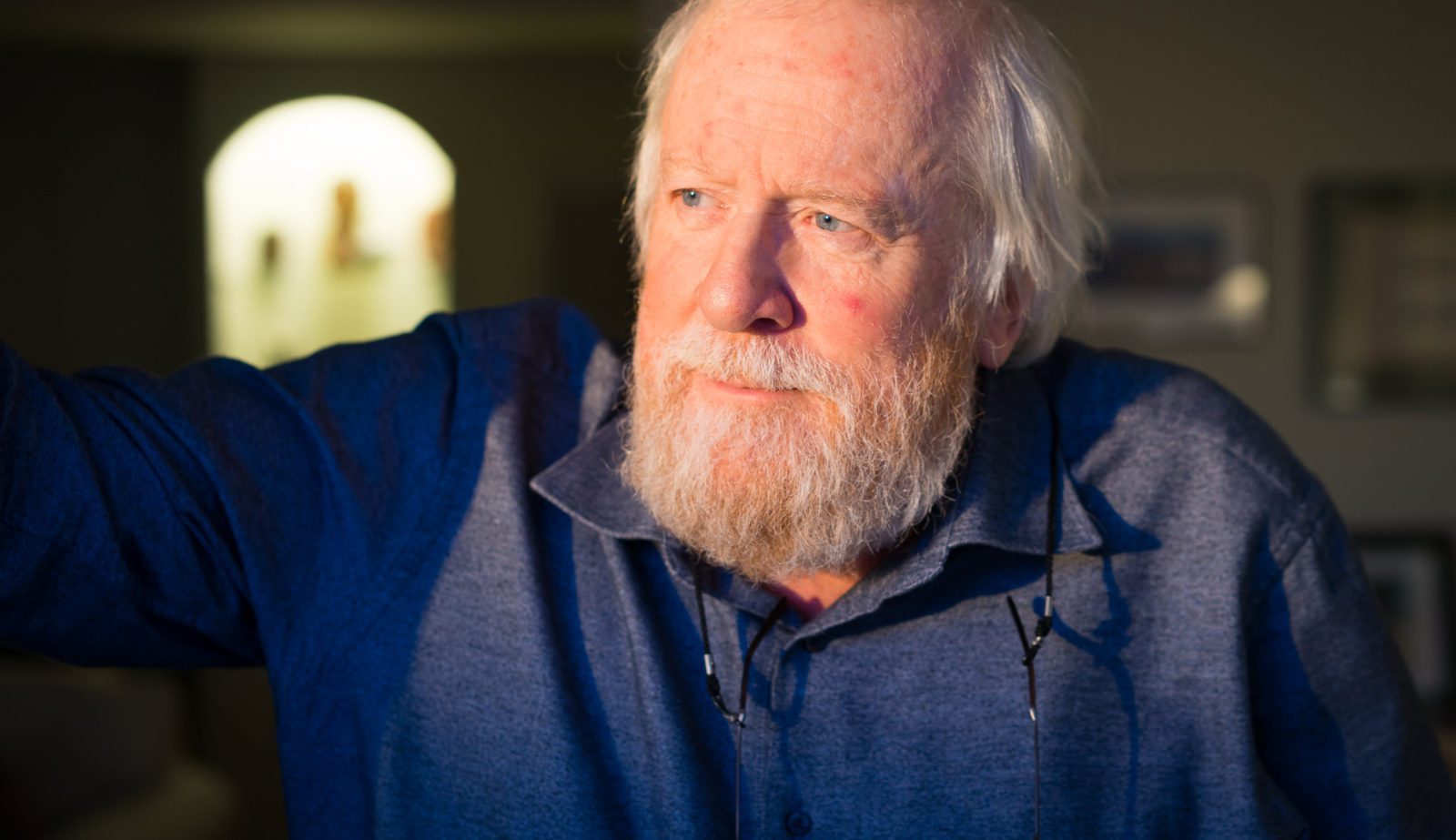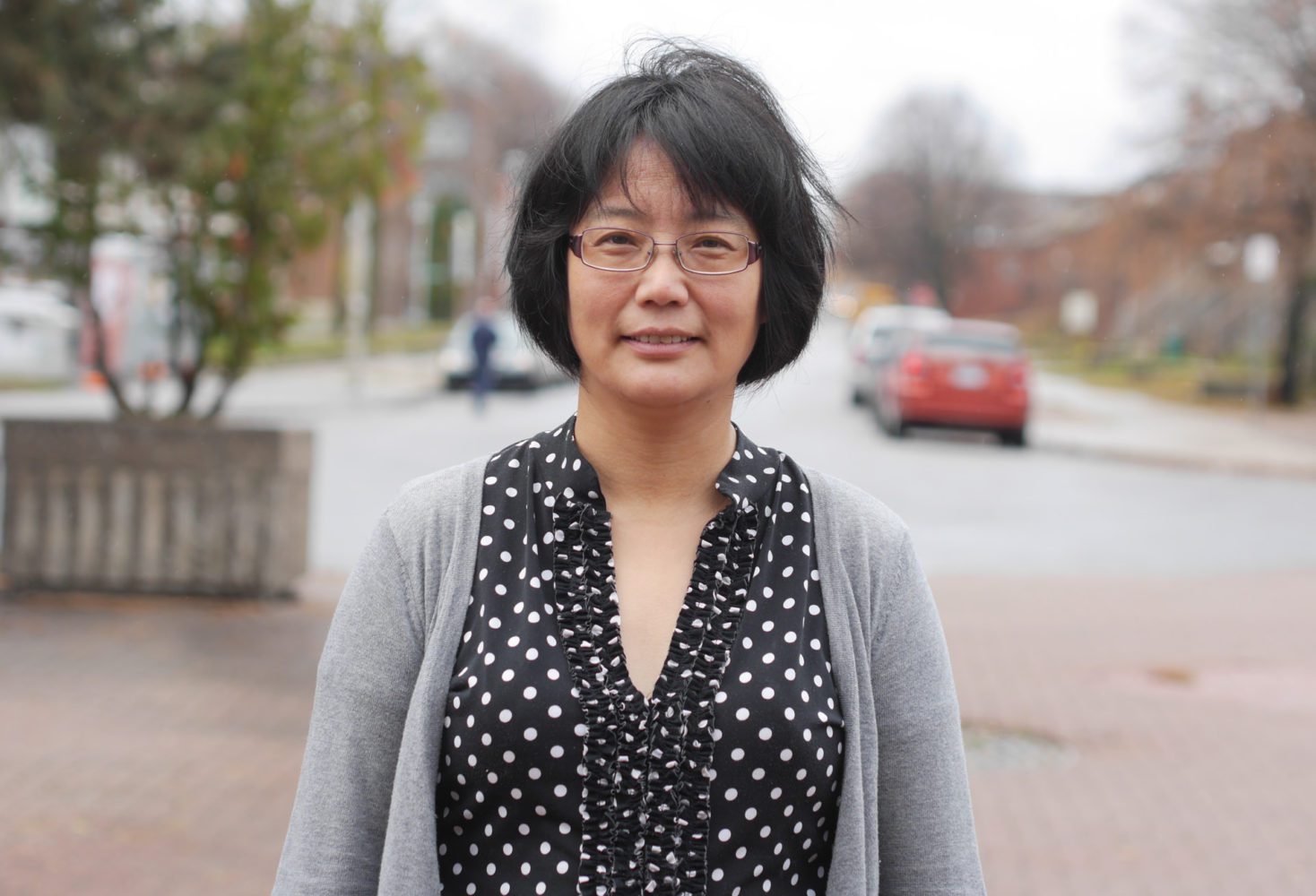palliative care
Alan L
Wen L
Sedation at the end of life: a legal grey zone

As questions mount regarding what legislation the federal government will enact around doctor-assisted suicide, one end-of-life medical practice receives little public attention. It’s called Continuous Palliative Sedation Therapy (CPST). Formerly known as “terminal sedation,” the therapy is used when all other attempts to relieve a patient’s excessive suffering have failed, and the only option is to …
Canada needs to develop standards for Goals of Care conversations

I don’t remember much about my Grandma, but I do remember how she died. It was one of those perfectly tranquil winter nights in January of 2009. My family was at our home finishing dinner when Leisureworld, her long-term care (LTC) facility, called to inform us that she had a fever and low oxygen levels. …
Peter
Why are so many members of the palliative care community opposed to physician assisted death?

On February 6, 2015, the Supreme Court of Canada unanimously ruled to strike down the provisions of the Criminal Code that prohibit Physician Assisted Death (PAD, which includes both physician-assisted suicide and euthanasia). Although public support for PAD in Canada has been very high for decades, support among the medical community has been lukewarm at …
The evolving definition and scope of palliative care

Is our health system’s definition of palliative care correct? The World Health Organization (WHO) describes palliative care as “an approach that improves the quality of life of patients and their families facing the problems associated with life-threatening illness.” Keeping this in mind, most of us associate palliative care with comfort-focused care that is delivered within …
Medical assistance in dying: should it be legal or banned in Canada?
Why we all need to have end of life conversations
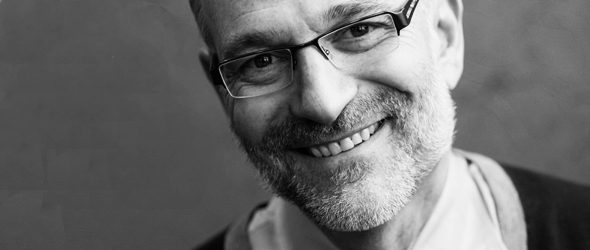
The last time I was in Israel, I went on some home visits with a palliative care physician in the town of Sfat near the Sea of Galilee. My colleague, a devout Jewish doctor, took me to several homes to offer advice on managing his most serious, terminally ill patients. One older Chassidic Rabbi was …
How to prepare for end of life care
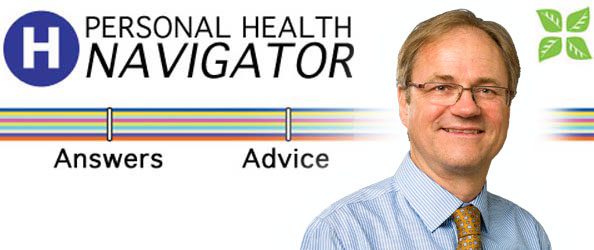
The Personal Health Navigator is available to all Canadian patients. Questions about your doctor, hospital or how to navigate the health care system can be sent to AskPaul@Sunnybrook.ca The question: I have been following the news about the Supreme Court of Canada’s ruling involving Hassan Rasouli, the patient who has been on life support for three years. …
Will Dr. Low’s legacy be lost in our culture of fear?

Dr. Donald Low has directly impacted the lives of Canadians, first as a respected microbiologist who eased our concerns during the SARS crisis of 2003. Now, ten years later, he’s still influencing our views on public health, but the focus of this discussion is on what, morally speaking, we owe each other at the end …
Planning for care at the end of life: our collective responsibility

Catherine White is a 62 year-old potter and realtor from St. Joseph Island, Ontario. In 2009 she was celebrating her 40th wedding anniversary in Cozumel, Mexico when she felt a funny sensation in her left leg. Two surgeries and 4 years later, she lies in a hospital bed with a sarcoma that has spread to …
How do you want to live your life at the end?

Advance care planning is about more than just planning your death; it’s about understanding how you want to live your life. It’s often a deeply personal experience that involves reflecting on what is important and meaningful to you and sharing your desires, values and beliefs with those around you so that they are aware of …
For some patients the harm is not in dying, but in being kept alive

It’s been five years since my grandmother died, and I still remember how sterile, cold, and distant her hospital room felt, no matter my family’s loving efforts to make it look more like home. I still remember the guilt-feeling too, of having to work up the nerve to visit her there. You see, some days …
COPD outreach program pays dividends in reduced hospital costs, improved quality of life
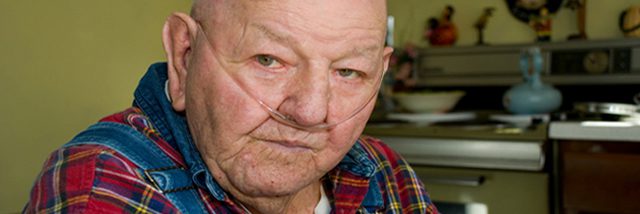
Denise Nauss credits the in-home support that she received from a team of health professionals for prolonging the life of her beloved mother, Joyce Mason, by almost two years. Mason, who suffered from chronic obstructive pulmonary disease (COPD), died in Halifax this past May at age 73. COPD is a long term, progressive lung disease, …
Advance care planning: a difficult conversation

Advance care planning is an important process by which people think about how they would like to be cared for if they are seriously ill. While most Canadians agree that having conversations about advance care planning are important, fewer than half actually do. In some jurisdictions, advance care planning is done much better than it …
Medical futility and the end of life

Thirty percent of an individual’s Medicare expenditures in the United States are spent in the last year of life, numbers that are very similar to here in Canada. This, in my opinion, represents a fundamental flaw in our medical economic system and culture. As a soon to be critical care fellow at McMaster University this …
A ‘death denying society’: why aren’t more Ontarians using palliative care?

There is a striking paradox: while most Ontarians prefer to die at home, around 60% die in hospital. Only 30% of Canadians near the end of their life use palliative care services. Many experts believe that providing greater resources for palliative care does not currently appear to be an Ontario or federal government priority. Roger …

